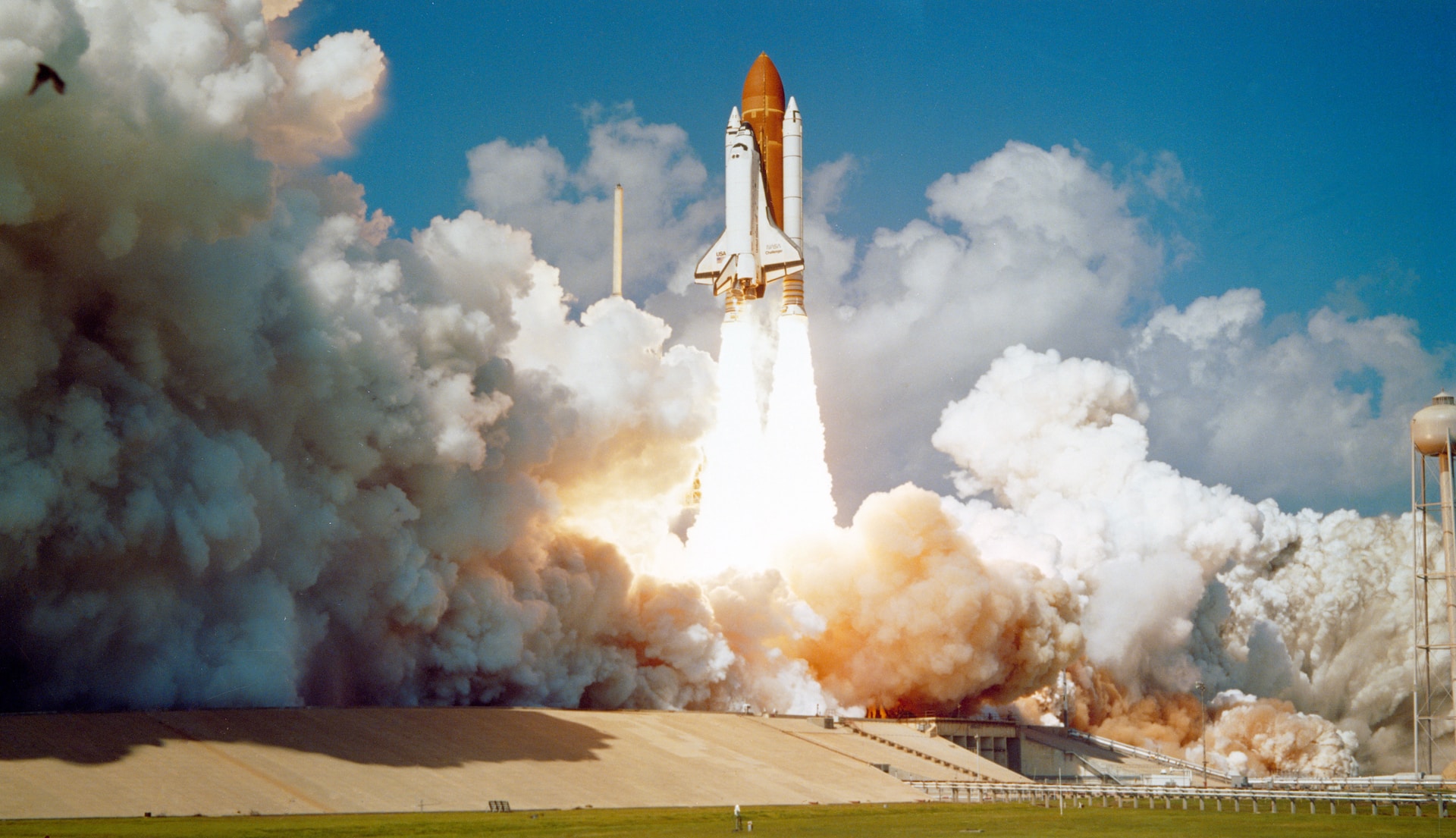The Future of Global Space Collaboration: China’s Role and Contributions
Since the initial space race of the 1960s, the fascination with space has grown significantly in recent years. The influx of capital and expertise into the space industry has enabled businesses and space agencies to accomplish incredible feats that were unimaginable just a few decades ago.
Are you interested in knowing about the China Rocket News? Then, you are at the right page. Who would have thought, in the year 2000, that China would have launched three fully operational space stations or that SpaceX could achieve scalable reusability on huge launch vehicles?
These amazing accomplishments have elevated space into the public eye, and as more people begin to take notice governments are scrambling to establish new national space organizations.
China is that one country who increasingly gained prominence in this field. The contributions made by China in Global Space Collaboration are critical to the future of space collaboration.
So, in this article, we will know the future of global space collaboration and the role of China in it and the contributions it made in it.
Transactional Space Collaboration
With the launch of Dongfanghong-1, China’s first satellite to orbit, on April 24, 1970- a day that has since been designated as the nation’s official “Space Day” – the country’s space industry got underway in earnest.
During the first two decades of the programme, international cooperation mainly consisted of technology transfer from nations like the Soviet Union. But China started offering launch services to customers abroad in the 1990s.
The major space contractor in China, China Aerospace Science & Technology Corporation (CASC), a subsidiary of China Great Wall Industry Corporation (CGWIC), offered the services.
China’s Contributions to Global Space Collaboration
China’s rising role Global Space Collaboration gas drawn attention to its expanding influence in the field. For instance, the China-European Space Agency collaboration on the Chang’e-5 mission to the moon.
China did this mission to collect samples from the moon and this mission was successful and the ESA helped in this mission completely by ground tracking system and communication links. Samples from the moon was collected in the Chang’e-5 mission and returned to the earth.
As the new millennium began, China’s Space Industry was expanding quickly, helped in part by Long March rockets that were becoming more trustworthy and supplemented by significant developments in satellite communications and remote sensing.
China thus started a new kind of internal co-operation in the space sector by exploring complete satellites to developing nations.
NigComSat-1, z a sizable geostationary (GEO) communications satellite created for Nigeria, was the first such undertaking. In mid-2007, the satellite was launched after the agreement was inked in 2004.
The NigComSat-1 satellite crashed in orbit after around 18 months due to a problem with its solar arrays, a symbol of growing pains that come with any new business model.
A new NigComSat-1R was created and launched by China a few years later, it is still in orbit today.
China also participated in the International Space Station Program, but due to political issues, it got eliminated from the program. China sent multiple unmanned spacecraft to dock with the International Space Station Program and conducted joint experiments with other participating countries.
Conclusion
Although it is still unclear what role China will play in all of this, the general trend lines are obvious. Unquestionably, China has developed into the second-largest national space power in the world after the United States of America. Like other economic sectors, it has expanded its influence internationally.
Hence, collaboration efforts also have many challenges like political tensions and concern over the national security. U.S. also raised concerns about the China’s Space program.
Although we cannot predict what the future holds for the global space industry, it seems safe to assume that it will become more multipolar, with China playing a significant role.
There will be many challenges for China, but it has to make its way through and pass each challenge.
We hope in this article, you get to know the contributions made by China in the Global Space Collaboration. There are many more contributions which China has given in Space Collaborations earlier, and in the future, it will carry forward its contributions in the Global Space Collaboration.

